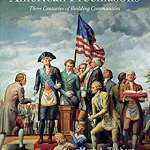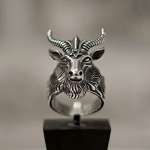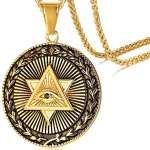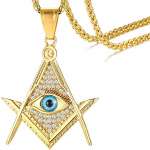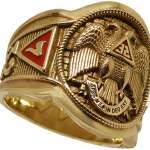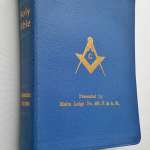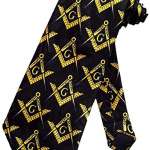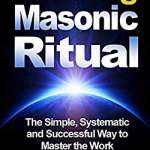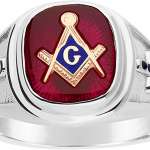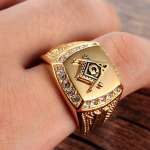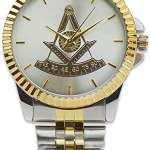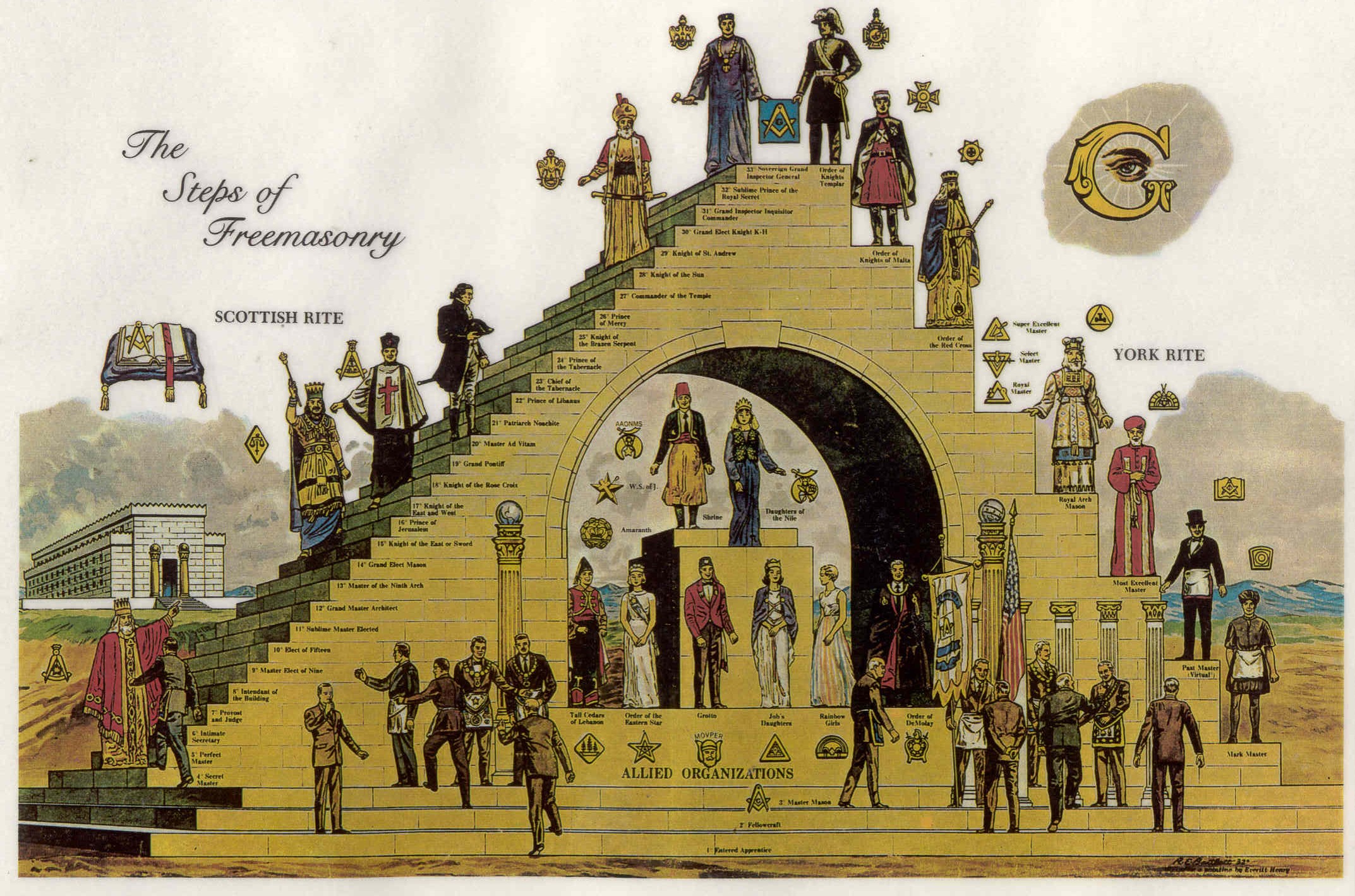
Freemasonry perceives the presence of a Preeminent Being, and new individuals are required to swear that they hold such a conviction. Past that, be that as it may, Freemasonry has no religious prerequisites, nor does it show explicit religious convictions.
Truth be told, neither governmental issues nor religion is to be talked about inside a Masonic lodge. Freemasonry is not any more religious than the scouts, which expects individuals to trust in a type of higher force.
Unexpectedly, the confirmation of faith in a preeminent being may have initially been added not to control the convictions of individuals however to disprove the allegation of Freemasons being nonbelievers.
Different anti-Masonic journalists have made an assortment of cases throughout the years as to assumed religious convictions being educated inside Freemasonry, for the most part just at the most significant levels. Where they get this data is generally rather ambiguous and frequently not referenced by any means.
The way that such allegations are just levelled at the most elevated degrees of Freemasonry makes it inconceivable for the normal peruser to challenge such cases. This is a typical sign of a conspiracy hypothesis.
The Taxil Deception
A significant number of the bits of gossip encompassing Freemasonry originate from the Taxil Deception, advanced by Leo Taxil in the late nineteenth century as a joke of both Freemasonry and the Catholic Church, which authoritatively restricts Freemasonry.
Taxil composed under the pseudonym Vaughan, guaranteeing that she had cut loose with evil spirits as a Freemason before being spared by the mediation of a holy person. The story won acclaim from the Vatican, after which Taxil admitted that Vaughan was fanciful and his subtleties were made up.
Anti-Masonic compositions normally guarantee that Masons respect Lucifer as the divine force of goodness while denouncing the Christian God as the lord of abhorrence. This idea was initially credited to Vaughan by another distribution and in this manner is viewed as a component of the Taxil Deception.
Occultism and Freemasonry
“Occult” is an unbelievably wide term, and changing employments of the word create a ton of turmoil. There is nothing undermining in the word itself, albeit numerous individuals think there is, thinking anything occult must have to do with Sinister rituals, evil spirits, and dark enchantment.
In truth, occultists are a far more extensive gathering of individuals who look for shrouded information frequently of the otherworldly nature through a wide assortment of strategies, the greater part of them favourable. Regardless of whether there are occult perspectives to Freemasonry, that shouldn’t suggest anything positive or negative about them.
Anti-Masons frequently point to the quantity of nineteenth century occultists who were additionally Masons, as though that some way or another makes the themes indistinguishable. This resembles calling attention to various Christians who ride bikes, and afterward demanding that cycling is a piece of Christianity.
The facts confirm that the commencement customs of numerous nineteenth and twentieth century occult gatherings bear similitudes to the Freemason ritual. Freemasonry is a few centuries more established than these gatherings, and there is some common enrolment between them.
These gatherings unmistakably saw parts of Freemason ritual as viable in passing on specific thoughts. Be that as it may, Freemason ceremonial was additionally copied by an assortment of other social organizations, so it plainly appealed to a wide scope of individuals, not simply occultists.



